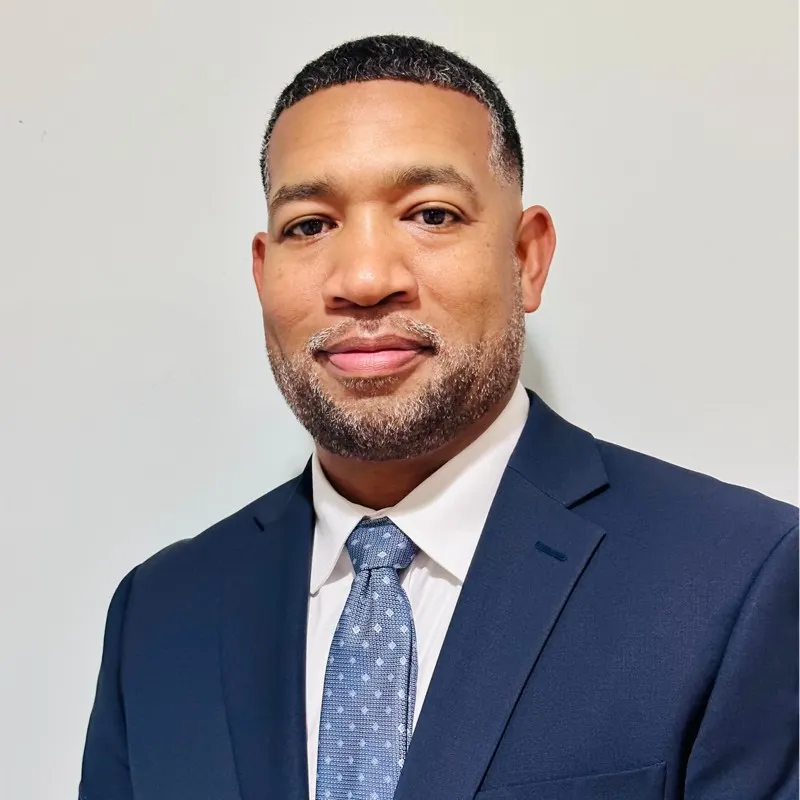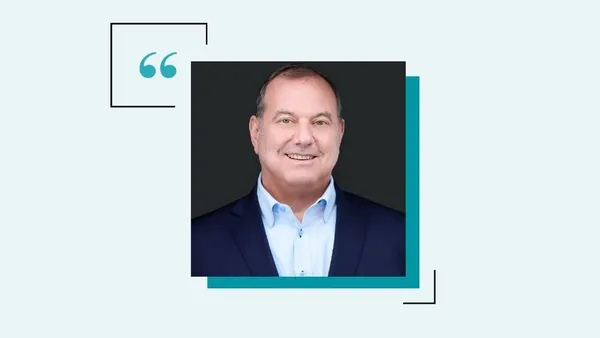When taking on a leadership position at a family-owned company that’s been in business for over 70 years, contemporary elements that impact businesses require new ideas and perspectives. In this instance, when the roots of a company were founded in a beach-side food stand in 1951, the way it manages costs, work environment, and different kinds of workers can be incredibly impactful on a company’s ability to remain competitive and continue growing.
For Christopher Crawley, who’s just over a year into his first CFO position at Hofman Hospitality Group (HHG), a family-owned restaurant chain that operates Hof’s Hut, Lucille’s Smokehouse Bar-B-Que, and Saint & Second across just over 25 locations in California, Arizona, and Nevada, his role has consisted of helping an established business navigate the modern challenges facing a labor-intensive industry like food service.

Christopher Crawley
CFO, Hofman Hospitality Group
- First CFO position: 2022
- Notable previous companies:
- Moxie Management Group
- Yoshinoya America
- Sizzler USA
- Bally’s Total Fitness
This interview has been edited for brevity and clarity.
ADAM ZAKI: How do you manage labor costs in such a hands-on industry?
CHRISTOPHER CRAWLEY: You’re hitting a hot button for us right now. Within our business and the [restaurant] concepts like Lucielle’s [Smokehouse], barbeque is incredibly labor intensive. We employ up to 130 people at each location. So, having the metrics to understand labor [utilization] is incredibly important to us.
Coming out of the pandemic, there was a lot of demand for employees, so we didn’t even have to track labor [at the corporate level] over the past few years. We had labor shortages, our margins improved, and our top line was great. But now, we are coming out of that environment, so tracking these sorts of things is becoming very important to us again.
It’s a data problem more than anything. We are trying to implement real-time labor reporting across all of our locations. The issue is not our general managers' scheduling improperly; it’s us not being able to give them the best data to make those schedules more efficient.
Servers, dishwashers, bartenders, and cooks cannot work from home. At the corporate level, is empathy expressed, and does this encourage corporate employees to come into the office?
CRAWLEY: It’s a conversation that comes up. The people we employ in our restaurants are good at their jobs because they are good communicators, and good at talking to people. The corporate office is different. To stay competitive with [corporate-level talent], you have to offer flexibility in how they work. If you have good talent in finance, no matter where they work they’ll be able to get the job done.
I’m a team-building type of leader, and I go back and forth on this issue often. I don’t know what the correct answer is yet. I am into building a culture where everyone is present and understands their job, and we work as a team. So, it’s a touchy subject with us, and I’m looking forward to seeing which work environment our team does their best in.
What labor issues have you encountered at HHG due to the accounting talent shortage, and has it pushed you into outsourcing?
CRAWLEY: This is an incredibly unique issue for us and reflects our culture and the loyalty the ownership group has to our staff. If you can create the infrastructure with technology and a few solid in-house people, you can get the job done. CFOs have to consider outsourcing, as I learned in some of my previous roles where we relied on outsourced labor.
In our organization with all its history, the ownership group has been loyal to many of the employees. So, I've had to consider that when automating or outsourcing finance and accounting tasks.
Their loyalty is obviously commendable, but for me, coming in as CFO, I've had to try to create a balance between these two things. In my view, outsourcing would help cut costs when looking at our G&A expenses.
You’ve worked for many different companies in finance and accounting at different levels. What are some common denominators, personally or professionally, among the successful people you’ve encountered?
CRAWLEY: I can pinpoint that it’s a person who can be adaptive and that that's one thing I look for [in people]. If you're regimented with the four walls of what you know, that poses difficulty for me as a leader. If someone has been open, willing to change, and able to adapt quickly, or has been willing to do that, they have been very successful in the teams I've built throughout my career.
The other part of it is following through on that change. The people I’ve known over the years who have done well in this field have been leaders both inside and outside of the organization. It’s the ability to embrace change. That also allows them to do things outside the box and execute those things when required.













